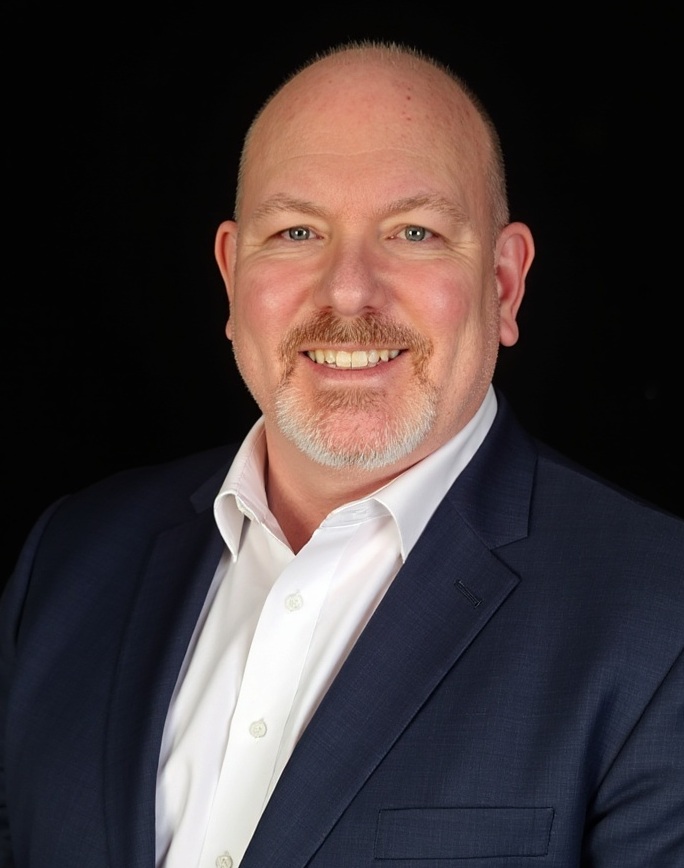
Edward Jones advisor and Marine Corps veteran Geoff Meno shares his insights with InvestmentNews
When veterans hang up their uniforms, adapting to civilian life can be challenging including managing finances.
For Geoff Meno, a financial advisor with Edward Jones and a Marine Corps veteran himself, the transition can be as much emotional as financial and requires careful planning from the start. He’s been sharing his experience with InvestmentNews, following insights from advisors here and here.
“One of the biggest challenges veterans face is understanding the true value of their pension and how to manage that money for a successful financial future,” Meno says. “Even with those advantages, planning is still essential. You may not have the ability to withdraw a lump sum for a house down payment or that vacation home, so it’s about understanding how to make those monthly benefits work for you over time.”
He adds that financial planning should start early in the transition process because “things like job uncertainty, layoffs, interviews and even dress codes can all be new experiences,” he says. “Talk to a financial advisor early on so you and your family have time to plan.”
That planning can be the result of significant upheaval for the family, especially where they are relocating.
“For example, if you’re stationed in San Diego but want to return home to Missoula, let’s make sure we have a plan to cover first and last months of rent, a storage unit for your stuff, a wardrobe update for you to begin interviewing, etc.,” Meno says.
Making the most of earned benefits
Helping veterans understand and optimize their benefits is central to Meno’s work.
“Partnering with veterans is an absolute passion of mine,” he says. “I’ve seen how many state-specific programs, like property tax exemptions and free college tuition for children of veterans, often go unused simply because people don’t know they exist.”
Working with an advisor who knows the military system, he notes, “can help identify these opportunities and build them into a broader plan, ensuring veterans and their families make the most of every benefit they’ve earned.”
For Meno, this understanding of the unique position of veterans can be a valuable trust builder.
“It starts with shared backgrounds, having similar experiences. As a veteran myself, I can speak their same language, understand what they have been through, and how to relate,” he says. “The military, and specific units, can be very tight knit. Reputation matters. If you do the right things, in the right ways, word gets around quickly that you’re someone who can be trusted.”
Reframing how veterans view money
Military life offers stability such as steady income, healthcare, and retirement benefits, but that can create blind spots in civilian life.
“Because of that stability, many veterans may not think as much about saving for retirement or investing early on,” Meno explains. “A military pension, lifetime healthcare, and GI Bill benefits can be incredibly valuable. Helping veterans see the full picture of what they’ve earned can make a big difference in how they feel about their long-term financial security.”
Unfortunately, veterans are often targets of fraud and should be made aware of the risk from those offering “special benefits” for those transitioning from a military career.
Meno also warns against rushing into big decisions.
“One of the biggest mistakes veterans make after leaving the service is making quick financial decisions before fully adjusting to civilian life,” he says. “Many feel pressure to buy a house right away — but they’re often new to the job market and not yet sure where they want to settle. A financial advisor can help them slow down and plan for the future.”
Leadership lessons from the Marines
Meno’s approach to advising benefits from many of the same principles he learned in the Marine Corps.
“My time in the Marine Corps shaped how I view leadership — and that directly influences how I serve clients. Being a financial advisor, to me, is a form of leadership,” he says. “In the military, you learn to lead with integrity, to stay calm in uncertain situations, and to always put your team’s success ahead of your own. Those same principles guide the way I work with clients.”
But for those advising veterans without a military background, Meno offers simple but crucial guidance: learn the basics.
“Get familiar with the basics of how military benefits work. A few small details can make a big difference when advising veterans,” he advises.
That includes understanding the tax treatment of pensions and VA benefits, the complexities of rolling over Thrift Savings Plans, and the role of the GI Bill in college planning.
“Even just having a basic grasp of these things, and asking thoughtful questions, shows respect for their experience and helps you give advice that truly fits their situation,” he says.
link




More Stories
Year-End Matters for Personal Tax and Wealth Planning: CLA
How advisors are responding to falling client risk tolerance
The Best Financial Planners in Austin, According to Locals